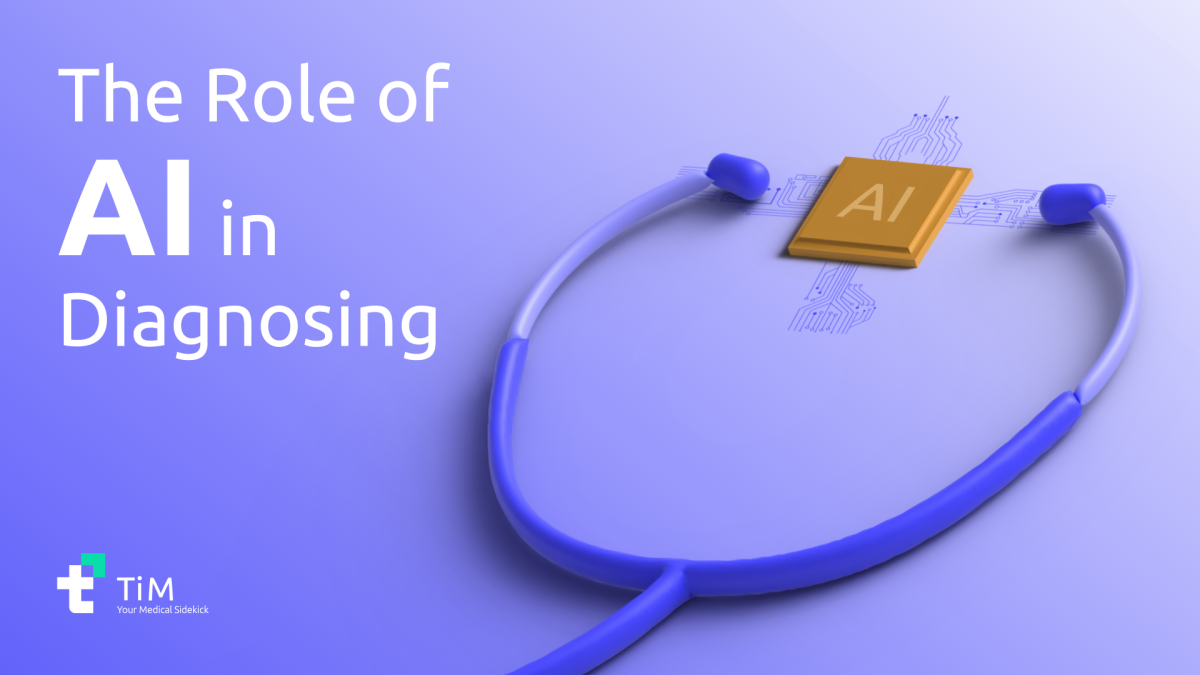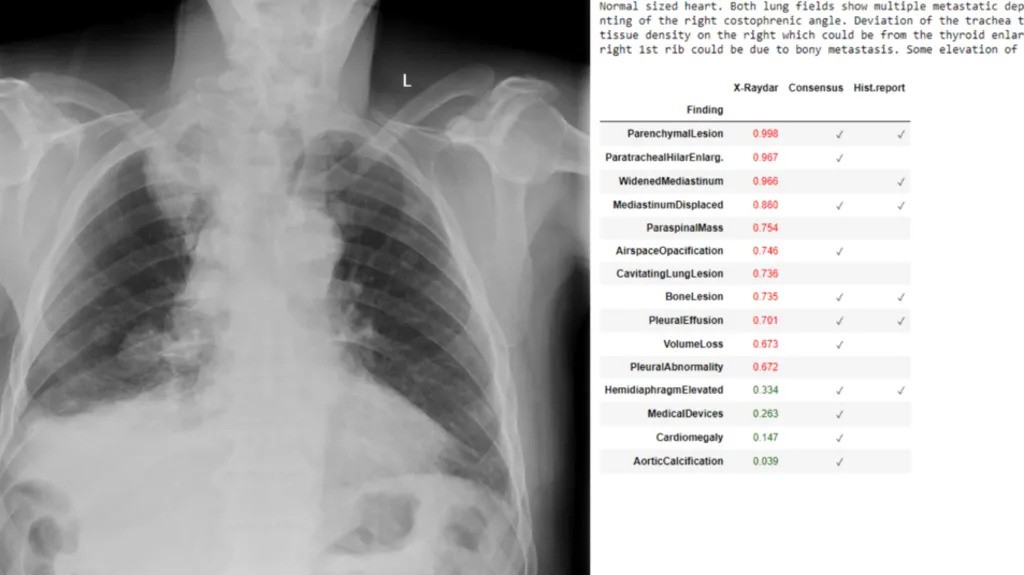
The Role of Artificial Intelligence in Healthcare Diagnostics
Artificial Intelligence (AI) has seen widespread adoption across various industries, from automating business processes to enhancing decision-making in sectors like law, education, and finance. As technology continues to evolve, AI is increasingly being integrated into healthcare, offering the potential to revolutionize medical diagnostics.
In this article, we will explore how AI is shaping healthcare, specifically its impact on diagnostic processes, and address the question:
Can AI truly assist in making life-saving medical decisions?
AI in Medical Diagnostics: A Growing Presence
Healthcare providers are progressively incorporating AI into their diagnostic procedures, utilizing the technology to improve accuracy and efficiency. There is growing evidence to suggest that AI, when trained on large datasets of medical records, can analyze diagnostic information more effectively than traditional methods. In particular, AI systems have demonstrated the ability to process medical imagery, such as X-rays, with a level of precision comparable to, or in some cases exceeding, that of human radiologists.

According to a report by the BBC, AI’s integration into radiology has the potential to reduce the workload of doctors, minimize diagnostic delays, and provide radiologists with a highly reliable “second opinion.” This represents a significant advancement in medical diagnostics, as AI systems can process large volumes of data continuously without fatigue or human error.
Challenges & Considerations
While the potential of AI in diagnostics is promising, it is important to recognize that AI remains a tool rather than a replacement for human expertise. Although AI has demonstrated proficiency in certain areas, such as radiology, its application across the broader healthcare landscape is still in its early stages. The technology requires further research and validation to ensure it meets the highest standards of accuracy and reliability.
Additionally, existing AI models, particularly general-purpose chatbots, often provide inconsistent results to similar prompts. This variability highlights the need for specialized, healthcare-specific AI models—Custom AI systems optimized for medical applications. These models must prioritize accuracy, security, and fidelity to be truly effective in clinical settings.

The future of AI in healthcare lies in its ability to complement, rather than replace, the work of medical professionals. AI should be developed as a tool that supports doctors by improving efficiency and reducing administrative burdens, ultimately allowing healthcare providers to focus more on patient care. By leveraging AI’s strengths in data analysis, doctors can make more informed decisions while retaining the critical human judgment required in medical practice.
In conclusion, AI has the potential to transform healthcare diagnostics by offering greater accuracy and efficiency. However, the technology must continue to be developed responsibly, with a focus on enhancing—rather than replacing—the expertise of medical professionals. As AI evolves, it is expected to play an increasingly vital role in improving patient outcomes and streamlining healthcare processes.

